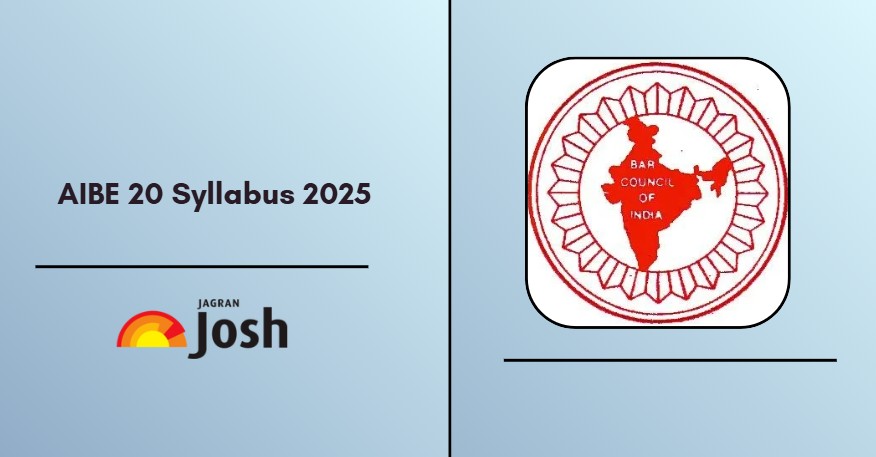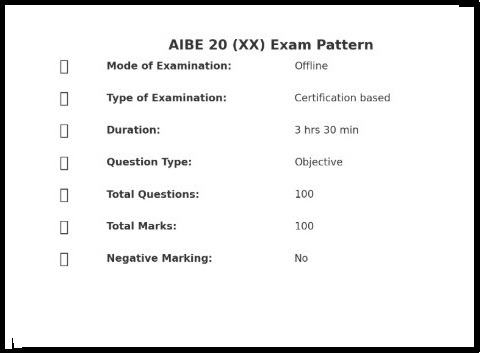| Subject / Topic | Key Areas Covered |
| Constitutional Law | History & nature of Indian Constitution, Union & its territory, Concept of State, Fundamental Rights, relation with other parts, Executive, Parliament, State Legislature, Centre-State relations, Judiciary, Emergency provisions, Amendments. |
| Indian Penal Code (IPC) & Bhartiya Nyay Sanhita (2023) | Overview of IPC 1860 & new BNS 2023, landmark IPC cases, crime elements, types of punishments, general exceptions, trivial acts, private defence, abetment, conspiracy, offences against State, culpable homicide & murder, abetment of suicide, theft, extortion, marriage-related crimes. |
| Criminal Procedure Code (CrPC) & Bhartiya Nagarik Suraksha Sanhita (2023) | Classes of criminal courts, Sessions Court, Magistrate courts, special magistrates, sentences of imprisonment, key CrPC provisions. |
| Civil Procedure Code (CPC) | Civil proceedings initiation, Res judicata & Res subjudice, interim relief, hearing & attendance, framing of issues, decrees & orders, High Court rules. |
| Evidence Act & Bhartiya Sakshya Adhiniyam (2023) | Relevancy of facts, estoppel, admissions, confessions, oral & documentary evidence, witness statements, privileged communications, expert opinion, burden of proof, examination of witnesses. |
| Alternative Dispute Redressal (ADR) & Arbitration Act | Arbitration, conciliation, negotiation, mediation, inquisitorial vs adversarial methods, tribunal creation, appointment of arbitrators, enforcement of awards. |
| Family Law | Marriage & kinship, sources of Hindu law, Hindu undivided family, guardianship, inheritance, succession. |
| Public Interest Litigation (PIL) | Concept & evolution of PIL in India, judicial activism, procedural laws, role of judiciary. |
| Administrative Law | Relation with constitutional law, scope & nature, judicial powers of administration, corporations & undertakings, judicial control of administrative actions. |
| Professional Ethics & Misconduct (BCI Rules) | Responsibilities of legal profession, major SC judgments, duty towards court, BCI opinions & misconduct cases. |
| Company Law | Companies Act 1956, issue of shares, Articles of Association, SEBI Act 1992, FEMA Act 1999. |
| Environmental Law | International conventions, Environment Protection Act 1986, environmental policies, biodiversity, pollution control, role of international law. |
| Cyber Law | Basics of cyberspace, types of cybercrimes, IT Act 2000, penalties & offences, cyber contracts, UNCITRAL model on e-commerce, IPC & cybercrime linkages. |
| Labour & Industrial Laws | Industrial Disputes Act 1947, Trade Unions Act 1926, Minimum Wages Act 1948, labour welfare legislations. |
| Law of Torts (incl. Motor Vehicle & Consumer Protection Law) | General liability principles, remedies, damages, personal capacity, justification in tort, Consumer Protection Act 1986, Motor Vehicle law. |
| Taxation Laws | Direct & Indirect taxes, Income Tax Act 1961, Customs & duties. |
| Law of Contract, Specific Relief, Property Law & Negotiable Instruments | Contract validity, performance & discharge, remedies, quasi-contracts, specific contracts, bailment & pledge, doctrine of election, property laws, negotiable instruments. |
| Land Acquisition Act | Preliminary investigation, notification & declaration, temporary occupation, collector’s award, compensation, acquisition for companies, damage payments. |
| Intellectual Property Laws | Copyrights, trademarks, patents, geographical indications, introductory aspects of IPR. |



